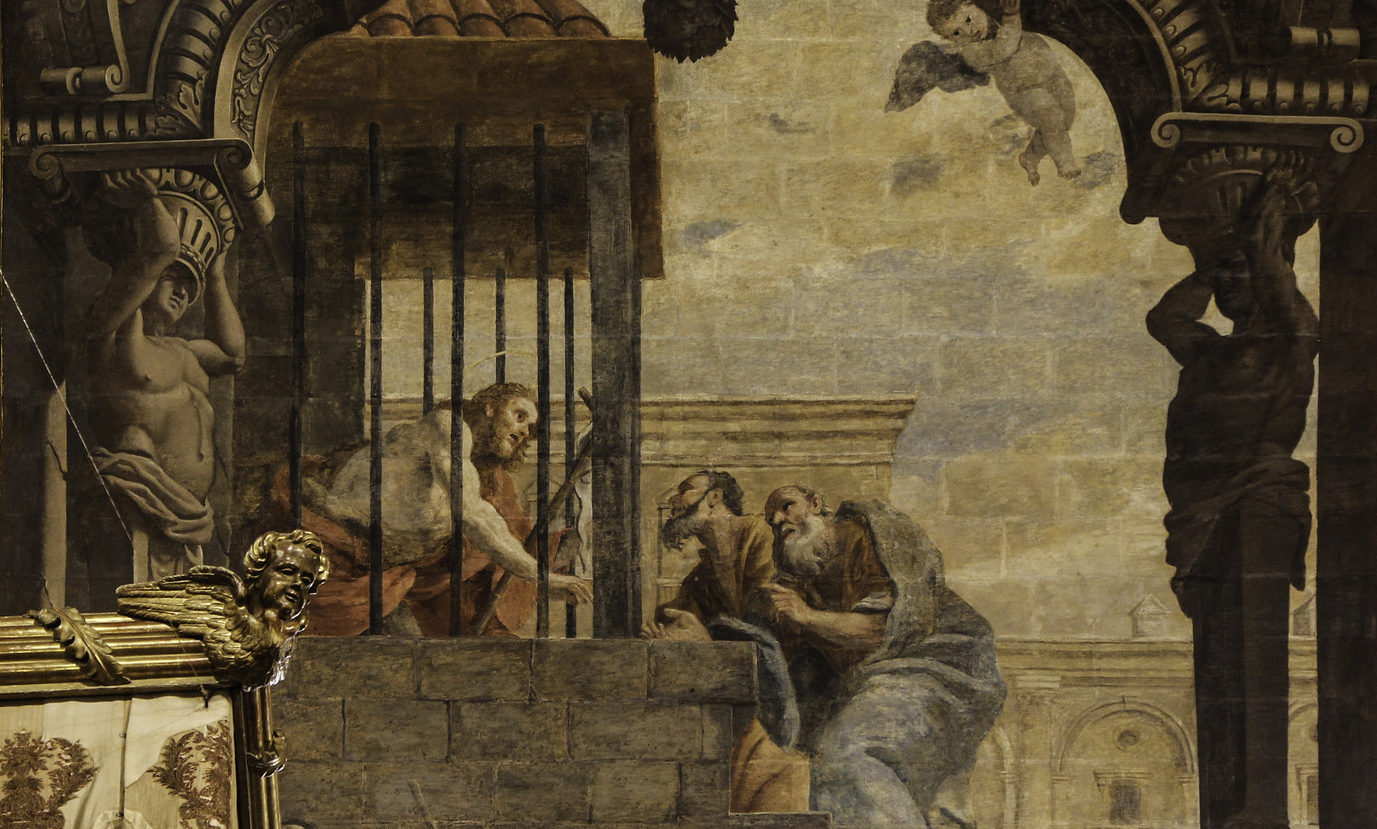Jijo Kandamkulathy, CMF
Claretian Publications, Macau
Mt 11:2-11
3RD WEEK OF ADVENT – YEAR A
Educated by the prophets, Israel has been waiting for the Messiah for centuries. When he came, even the more spiritually prepared and well-disposed persons struggled to recognize and welcome him. Even, the Baptist remained undecided.
In the first part of today’s gospel passage, we see that John is imprisoned. Upon not receiving any news about exciting interventions from Jesus, the Baptist’s faith begins to waver. How did these perplexities come to him? The answer is quite simple. He has been expecting the “liberator” (Is 61:1), the person in charge of restoring justice and truth in the world. He might not have understood why Jesus did not decide to intervene to release him from prison.
He awaited a strict judge, a messiah who rails against the wicked. But the fact surprised, no—even disappointed him.
To the messengers of John the Baptist, Jesus presents himself as the Messiah, listing the signs taken from texts of Isaiah (Is 35:5-6; 26:19; 61:1), the prophet of hope, who had predicted, “On that day no one would complain: I am sickly” (Is 33:24).
To the queries, he sent through the messenger, the Baptist is invited to take note of the new realities. The new world has come up: those who have been walking in the dark and have lost the orientation of life now is enlightened by the Gospel. Whoever was crippled and could not move a step towards the Lord and towards their brothers and sisters now can walk quickly. Whoever was deaf to the Word of God now listens and lets themselves be guided by it. Whoever regarded themselves miserable and hopeless has begun to listen to the good news: “There is salvation for you as well.” There is no fire here, no scary vengeance.
The Messiah of God has nothing to do with the energetic and severe character that John had expected. His way of doing had scandalized the precursor and continues to shock us even today. There are still some who ask the Lord to intervene to punish the wicked. There are still some who interpret misfortunes as God’s punishment to those who have done evil. But can God be angry or feel pleasure in seeing his children (even if they are bad) suffer?
Jesus ends his answer with a beatitude, the 10th, found in the Gospel of Matthew: “Blessed is he who takes no offense at me.” A sweet invitation to the Baptist to review his theological convictions.
Jesus contradicts all the beliefs that John had. Like us, the Baptist also imagined a mighty God. Finding himself weak, he expected sensational interventions. However, the events continued to unfold as if the Messiah had not come.
The Baptist is the figure of a true believer. He flounders in many perplexities, asks questions, but does not deny the Messiah because he does not match his criteria. He calls into question his own beliefs.
Jesus is not worried about who has trouble believing, who feels lost in front of the mystery and puzzles of existence, who says that s/he does not understand the thought and actions of God. He is worried about those who confuse one’s own beliefs with the truth of God, those who have ready answers to all questions, those who have always some dogma to impose, those who never allow themselves to be questioned: such a faith at times borders on fanaticism.
Indebted to Fr. Fernando Armellini SCJ for the textual analysis
(Image: St John the Baptist imprisoned. This fresco is on the ceiling of St John’s Co-Cathedral in Valletta, Malta, and it was painted by Mattia Preti. Photo and caption credit: Fr. Lawrence Lew, O.P. | Photo license: “St John the Baptist imprisoned” by Fr Lawrence Lew, O.P. is licensed under a Creative Commons Attribution-NonCommercial-NoDerivs 2.0 Generic license.)


 Follow
Follow


